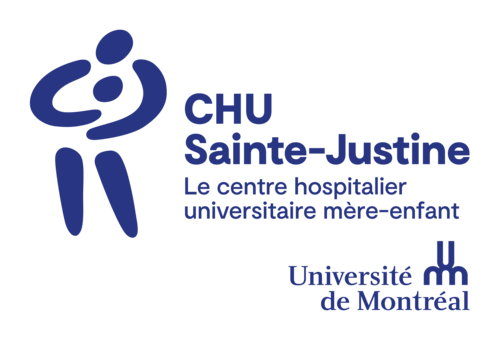Job Board > PhD student - CHU Sainte Justine
 |
The project focuses on the evaluation of cytokine-dependent signaling pathways in T cell exhaustion in mouse models of chronic viral infection. The student will be involved in all aspects of the research project, from colony management, cell and molecular biology, in vivo experiments. The student will work in close collaboration with two PhD students and a post-doctoral fellow and will actively participate in the collective work of the laboratory.
The ideal candidate must have a Master in immunology or biology. A candidate who wishes to do his master’s internship in the laboratory to then pursue the doctorate will be considered for this offer. He must be highly motivated, proactive, mature, with excellent organizational skills and a passion for immunology. He must have a very good team spirit, and be proficient in written and oral English and be an excellent communicator. His knowledge of French is an asset but is not necessary.
The candidate has to apply to research fellowships. However, a salary will be garanteed for the first 4 years. They will have to apply to the PhD program of Microbiology, Immunology or Biomedical Sciences at the University of Montreal.
Salary: To determine
Interested candidates must submit the following documentation to Hélène Decaluwe at helene.decaluwe@umontreal.ca, with copy to benoite.bourdin.hsj@ssss.gouv.qc.ca, research associate.
√ Curriculum vitae
√ Transcripts
√ Statement of research background and interest
√ Two reference letters from prior mentors
The laboratory of Dr Hélène Decaluwe focuses on the role of cytokines in the regulation of T cell exhaustion and how exhaustion impacts human diseases and limits the efficacy of cell-based immunotherapies. The laboratory studies in particular the signaling pathways and transcription factors driving the expression of immune checkpoints during chronic viral infection and cancer, in both human samples and state-of-the-art mouse models. As memory T cell differentiation is abrogated during chronic antigenic stimulation, the laboratory also focuses its attention on the key cytokines and transcription factors dictating lineage choices during acute and chronic viral infection. Our ultimate goal is to develop novel immnuotherapeutic approaches that will preclude T cell exhaustion, promote memory differentiation without abrogating cytotoxic functions in patients with cancer.